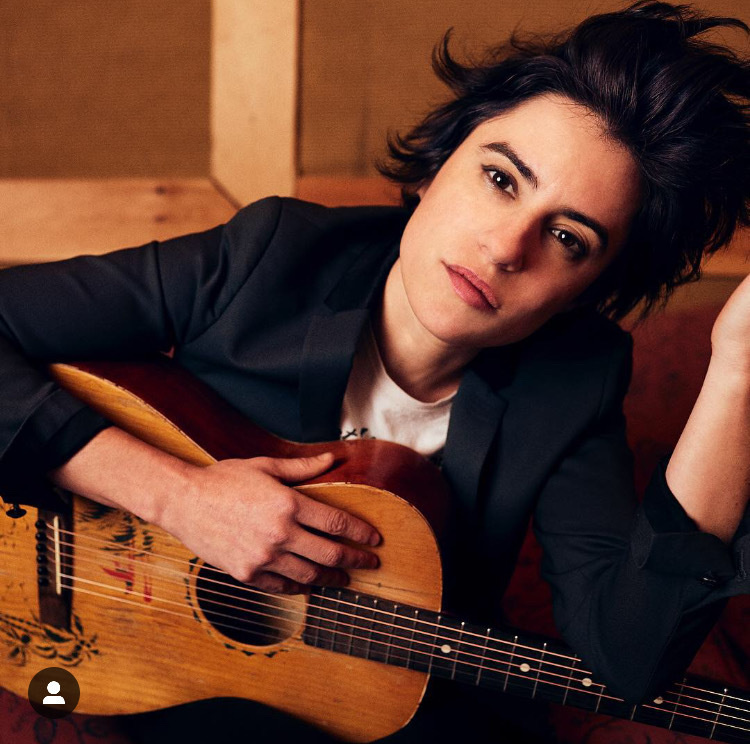Brown Commons Coffeehouse Music Series Hosts Leslie Mendelson
On a damp Thursday evening, Associate Professor of Physics and Astronomy Jeff Bary addressed a small but dedicated cluster of students gathered to see Leslie Mendelson, a singer and guitarist fresh off her tour with fellow artist Jackson Browne.
As a director of the Brown Commons Coffeehouse music series, Bary was quick to emphasize his love of live music and musicians, in addition to his appreciation of the students who make the effort to come and watch.
“I think I can confidently say that people that enjoy live music are scientifically smarter, more good-looking, and live longer than those who don’t,” Bary said.
Mendelson, clad in a floral bomber jacket and brown trucker hat, smiled broadly while continuing to fiddle with her acoustic guitar.
Despite having verifiably “made it” as an artist, (a fact to which her Grammy nomination can attest) Mendelson has maintained the feel of an up-and-comer, approaching each coffee-house and open mic with the utmost sincerity.
Her music is spare and heart-wrenching, with a mournful feel. In her most recent album, “If You Can’t Say Anything Nice,” which she worked on through the original 2020 quarantine, Mendelson reflects upon the pandemic.
“I didn’t bake bread and I didn’t learn any languages,” Mendelson said of the period, “but I did start writing again. So that’s something.”
In addition to modern political and personal anxieties, Mendelson’s songwriting is visibly inspired by Bob Dylan. Her songs are ripe with melancholic specificity, strikingly vivid images, and of course, harmonica accompaniments. Mendelson opened with Bob Dylan’s “Shelter from The Storm,” (an especially on-the-nose choice given the weather) and worried aloud whether she was making her own music look bad in comparison.
Of course, she didn’t, in fact, this nod to her influences made her music even more powerful. Standing on the shoulders of giants such as Dylan, Carly Simon and Carole King, the young artist creates beautiful work, imbued with both echoes of the past and uniquely twenty-first-century struggles.
Despite her renown and obvious talent, she maintains that she’s “not precious,” a fact exemplified by her choice to play Dylan, followed by Blondie’s “Heart of Glass” and close with a Beegees pre-disco era song.
She can do it all, and do it all well, as coffee-house attendees can attest to. There is something nostalgic about her soft voice, her lilting guitar, even her sparing and folksy harmonica usage.
These coffeehouse performances exhibit the importance and dedication of the people that create the music we love; Mendelson had arrived in New York that morning after a late-night on tour in Austin, and had still managed to make it in time for soundcheck. Regardless of her accolades, Mendelson appears to give each performance her all, whether it be for a sold-out stadium or twenty teenagers sipping late-night coffee.
As the rain and the night came to a close, Bary once again addressed the audience.
“Wow,” Bary said, “you guys are better- looking already.”






